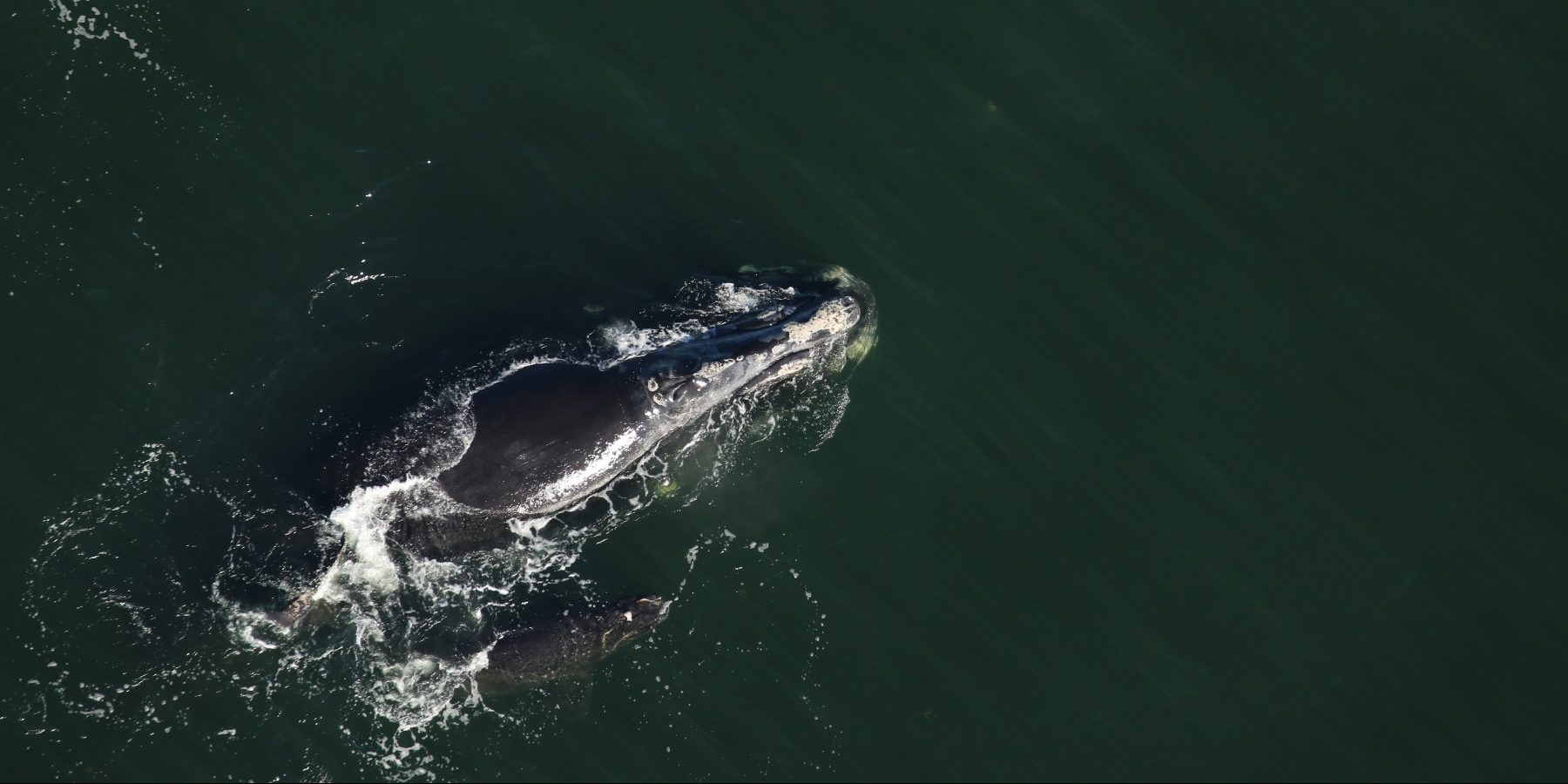Scientists succeeded in giving an antibiotic shot to a badly injured newborn whale they have been tracking off the coasts of Georgia and Florida, hoping to improve what experts stressed Thursday remain grim odds for the endangered sea animal.
A crew of trained specialists got close enough to the injured right whale calf and its mother off the coast of Fernandina Beach, Florida, on Wednesday to inject the baby using a syringe fired from an air gun, said Barb Zoodsma, who oversees the right whale recovery program in the U.S. Southeast for the National Marine Fisheries Service.
“This is a very valuable animal with tremendous conservation value,” said Hendrik Nollens, a veterinarian who was part of the boat crew. “If there’s anything we can do to improve its chances by giving extra coverage (with antibiotics), we should do that.”
North Atlantic right whales are critically endangered, with scientists estimating 400 or fewer still exist. The wounded calf was first spotted Jan. 8 off the coast of Georgia by one of the aerial survey crews that fly over the U.S. Southeast coast each winter to search for newborn whales swimming with their mothers.
Photographs of the injured calf revealed grievous cuts to its mouth and the top of the head near its blowhole, likely made by a boat propeller. There isn’t much humans can do to help.
But the baby whale appeared to be swimming normally with its mother more than a week after its wounds were noted, said Nollens, the head veterinarian for SeaWorld. That helped experts decide it was worth giving antibiotics a try.
“This is a severe injury. The odds are still against this animal,” Nollens said. “But on day eight, the fact that the calf is still outwardly that close to normal shows the calf still has a chance.”
The antibiotics should help the whale calf fight off infections that otherwise could kill it, Nollens said. However, scientists monitoring the newborn whale say the damage to its mouth may impair its ability to feed, making long-term survival unlikely.
The injured calf is the fourth that’s been spotted off the Southeast U.S. coast since mid-December. Zoodsma said survey crews will continue to look for the wounded whale while conducting flights to search for more mother-and-calf pairs. New updates and photographs will be shared with veterinarians and other scientists monitoring the wounded calf’s condition.
Right whale deaths have outpaced births in recent years, raising concern among researchers about the species’ prospects for survival. Seven right whale calves were recorded last winter during daily survey flights off Georgia and Florida. Meanwhile, at least 10 right whales were found dead in 2019.









